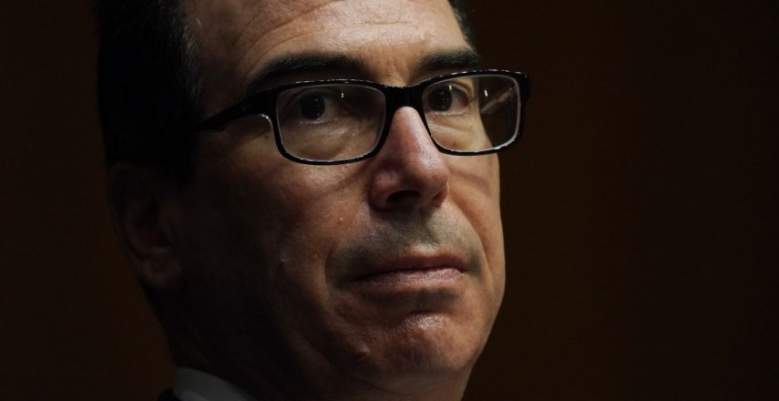
The IRS has to provide $100 million in stimulus payments to any incarcerated individuals who were eligible for the first round of payments from the CARES Act in March, according to a federal judge.
According to Forbes, U.S. District Judge Phyllis Hamilton issued the order on September 24, requiring the bureau to stop withholding checks on the basis of a person’s incarceration status, to reconsider previous denials to stimulus check applications due to incarceration and to “file a declaration confirming these steps have been implemented, including data regarding the number and amount of benefits that have been disbursed,” within 45 days.
Nearly 85,000 prisoners received stimulus checks in the first round as of May 21, according to a report by the Treasury Inspector General. Those individuals were directed to return their stimulus money to the IRS, according to the report. Forbes indicated the IRS also stopped issuing payments to incarcerated individuals who were otherwise eligible for the stimulus. The ruling means those nearly 85,000 individuals are fully eligible to receive the stimulus money, and Forbes reported that even more people may benefit because, according to the lawsuit, “over 1.4 million individuals had been affected by the IRS rule denying payments to incarcerated individuals.”
Mona Tawatao, a lawyer for the Equal Justice Society who represents the plaintiffs in this case, celebrated the outcome on September 24. “The Treasury Department’s theft of the CARES Act supplements that Congress intended get to people in need right away is not only illegal, but cruel to the people and families most harmed by COVID-19 and over-incarceration — Black, Latinx and Native people and people with lower incomes,” Tawatao said. “The court’s order will bring them critical relief and some measure of justice.”
Here’s what you need to know:
What’s the Current Status of a Second Round of Checks?
Throughout the summer and into the fall, the president has repeatedly indicated his desire to provide the American people with another round of stimulus payments. On Friday, October 2, Chief of Staff Mark Meadows told reporters that a stimulus package was still on the president’s mind, even as he went to the hospital to be monitored following his COVID-19 diagnosis.
Meadows said, in part, “(The president’s) first question to me this morning was, ‘How is the economy doing? How are the stimulus talks going on Capitol Hill?’”
As for Mnuchin and House Speaker Nancy Pelosi, both have repeatedly signaled their optimism about reaching a compromise in the near future. On Wednesday, September 30, Mnuchin confirmed that the idea of a second round of stimulus checks is a given with any upcoming package. During an interview with Fox Business, he said he’d “reached an agreement” with Democratic leaders on the topic of direct payments.
“If there is a deal there will be direct payments,” he said.
After his meeting with Pelosi September 30, Mnuchin told reporters outside the Capitol that they’d made “a lot of progress over the last few days” and also said, “We still don’t have an agreement, but we have more work to do. And we’re going to see where we end up.”
According to CNBC, Mnuchin said the White House had reached alignment with House Democrats on issues like direct payments, small business loans and airline aid. However, they still weren’t in alignment on issues like state and local government aid and liability protections for businesses, the news network reported.
Mnuchin and Pelosi had subsequent meetings on Thursday and Friday, October 1 and 2, The New York Times reported.
The House Went on Recess but Will Come Back if Necessary ‘to Get the Job Done’
Members of the House left on Friday afternoon for their scheduled break, with orders to be prepared to return to Congress for a potential stimulus package vote and to expect 24 hours notice if that should happen. Per The Times, Pelosi sent a letter to House Democrats outlining the key differences she and Mnuchin were still working through: the total dollar amount of spending, the amount of jobless aid, funding amounts for schools and state/local governments, child tax credits and funds for coronavirus testing and contact tracing.
In the letter, Pelosi said to her fellow House Democrats, “We’ll find our middle ground — we’re legislators. We’ll get the job done.”
READ NEXT: Bill Stepien, Trump’s Campaign Manager, Tests Positive for COVID-19